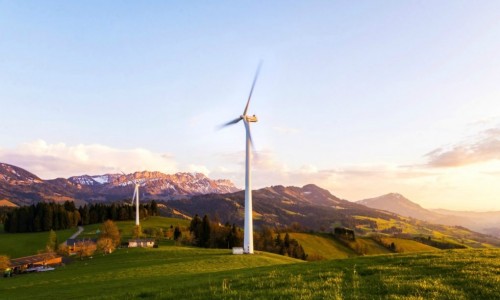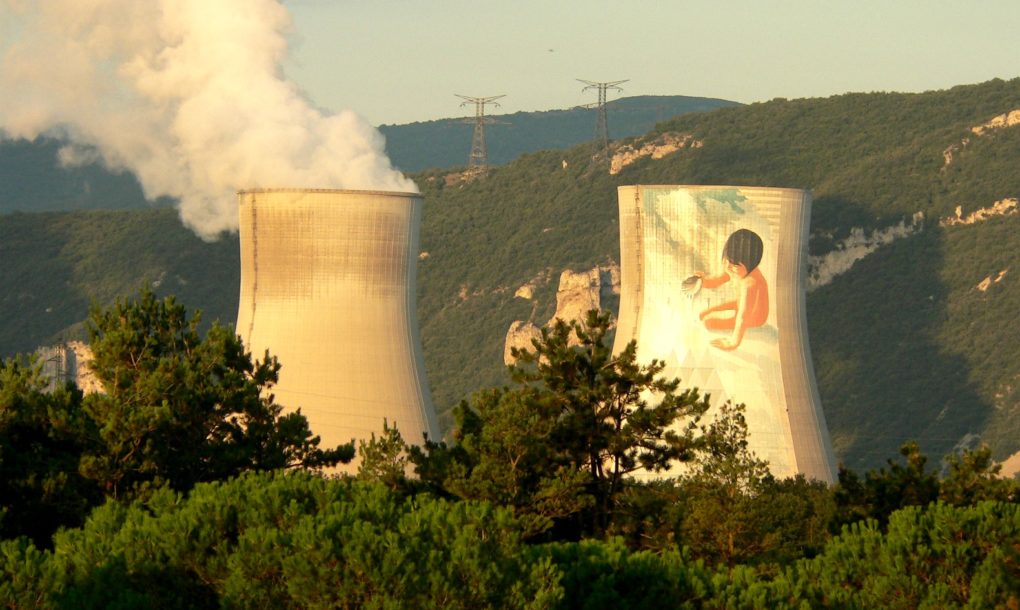RECOMMENDED VIDEOS

BIOGNVAL: Converting wastewater into liquid biofuel, a…
SUEZ

Guangdong East Power : On-Grid, Off-Grid Solar, Hybrid…
Guangdong East Power Co.,Ltd.

RES - World Leading Renewable Energy Company
Renewable Energy Systems Ltd

NEC Energy Solutions’ ALM 12V35 under voltage and…
NEC Energy Solutions

Sp Multitech Zero Waste Park 零废料生态园 (Mandarin Video)
SP Multitech Renewable Energy Sdn Bhd
Related Stories
The largest solar farm apiary in the US opens this week
The City of London will be powered with 100% renewable energy by October 2018
New study suggests that plastic waste may be transformed into usable energy
Uravu’s zero-electricity Aqua Panels produce gallons of water from thin air
104% of Portugal’s electricity consumption in March came from renewable energy
09 Jun, 2017

Switzerland votes to ban nuclear power and invest in renewable energy
Renewable Energy & Energy Efficiency | SWITZERLAND | 29 May, 2017
Published by : Eco Media Asia
Switzerland just passed a new energy law that promotes renewable energy and bans nuclear powerplants. The landmark vote brings the nation closer to meeting its goal of generating 4,400 gigawatt-hours (GWh) of renewable energy by 2020, and 11,400 GWh by 2035. Over the weekend, approximately 42% of the population turned up to vote in the national referendum, which marks the eighth time in recent history Swiss citizens have voted on the issue.
Though the Energy Strategy 2050 was approved by Parliament last year, the country’s right wing Swiss People’s Party challenged the reform to the referendum in an attempt prevent the move from taking place. The move to initiate the reform passed easily with a 58.2% vote, however, shutting down any talk of investment in nuclear energy

At a press conference, Swiss Energy Minister Doris Leuthard said “After six years of debate in parliament and at committee level, a new chapter in Switzerland’s energy policy can begin. But there is still a lot of work to do.”
Energy Strategy 2050 mandates that general licenses provided for nuclear power plants (which presently provide 38% of the country’s energy) will no longer be sold, beginning in 2019. Additionally, when existing nuclear power plants reach the end of their lifespan, they will be closed and not replaced. The reform also aims to reduce per capita energy consumption by 16 percent within the next three years, and by 43 percent by 2035. Energy Strategy 2050 intends for electricity consumption to decline by 3 percent in 2020 and 13 percent in 2035. This will be managed by increasing the output of solar, wind, biomass, and geothermal energy.
Supporters of the law say that investing in renewables will make Switzerland less dependent on energy imports. At the same time, the country will maintain its highly supply standard. Activists are also celebrating the fact that by phasing out investments in nuclear energy, the environment and future generations will undoubtedly benefit.
Article from inhabitat.com
Images via Pixabay
by Amanda Froelich
